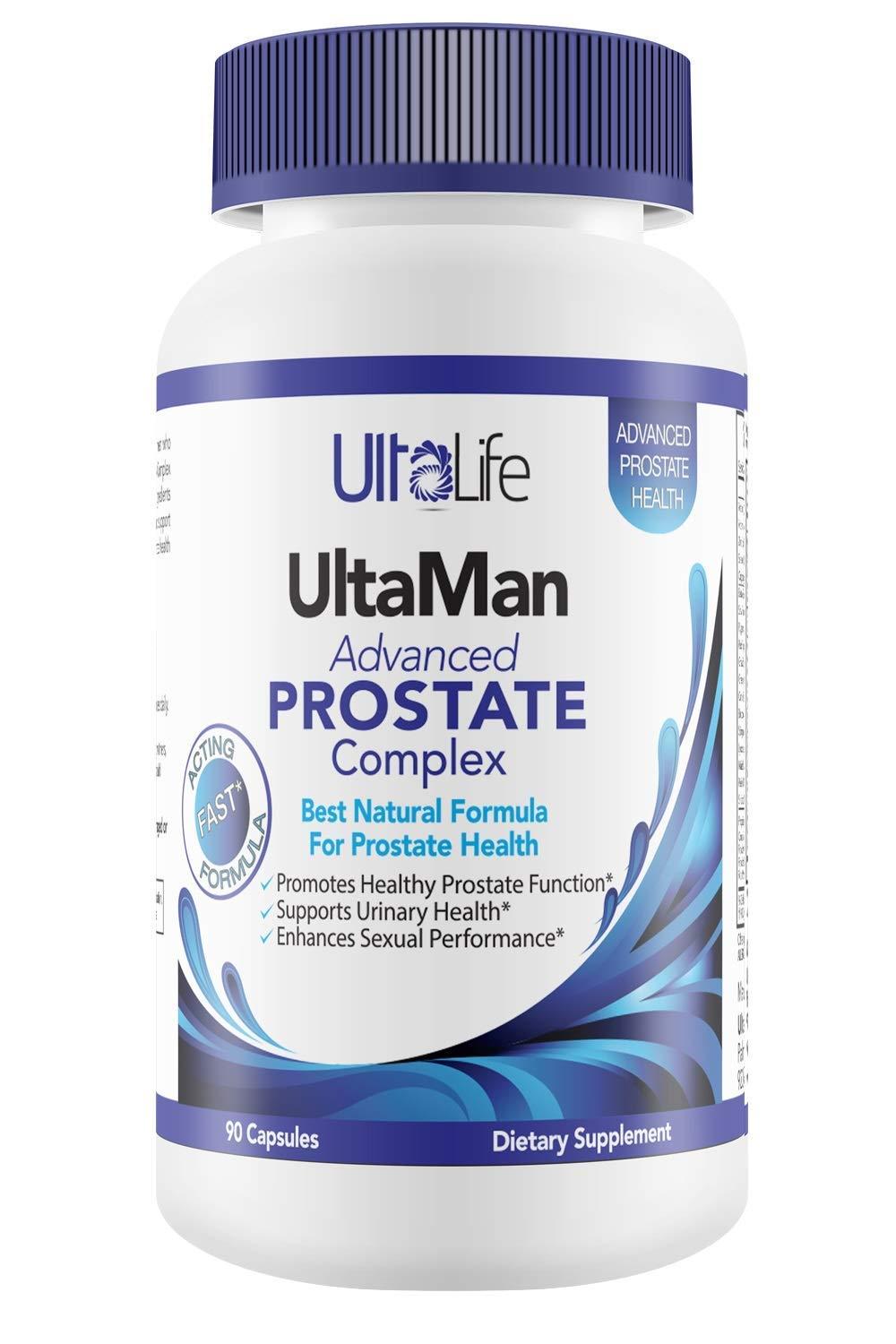What’s Prostate Cancer and What might you Do To Reduce your Risk? (Canadian Statistics Used)
Written by on July 20, 2023
November (or Movember) is usually time where you see men shave their facial hair in the start of the month and let everything grow back in special ways all in the title of prostate cancer awareness. Really a great cause since prostate cancer will be the leading reason for cancer in Canadian men. Startlingly, as per the brand new 2013 cancer statistics, one in 7 Canadian males is certain to get prostate cancer in the lifetime of theirs! Wow! Hence, the goal of this guide is providing much more education about prostate cancer and talk about what you can do to reduce your risk.
Wow! Hence, the goal of this guide is providing much more education about prostate cancer and talk about what you can do to reduce your risk.
So where is the prostate? Just what does it do? The prostate is a walnut shaped gland commonly found right below the bladder and just anterior to the rectum. It really wraps around the urethra (the tube that has urine and semen with the penis). The essential function of the prostate is making part of the seminal fluid that mixes with sperm to develop semen.
What are the signs and symptoms which tend to be associated with prostate cancer? Properly since the prostate wraps around the urethra (which links to the bladder), enlargement of the prostate will cause a number of bladder associated symptoms and signs. These include: improve need (frequency) to urinate (especially at night), intensive need (urgency) to urinate, difficulty stopping or starting flow of urine, inability to urinate, vulnerable or decreased urine stream, interrupted urine stream, feeling of incompletely plundering bladder, pain or burning during urination, and also blood in semen or urine and painful ejaculation. These days in case you have these symptoms (or know somebody does) it does not immediately suggest that you have prostate cancer. A number of these signs/symptoms could possibly be as a result of other prostate associated problems like prostatitis (inflammation of the prostate) as well as benign prostatic hyperplasia (non cancerous enlargement of the prostate), among others.
Risk factors include: family history, inherited gene mutations, diets high in fat, red meat, processed meat, and dairy, prostatitis, high testosterone, contact with inorganic pesticides and other toxicities (cadmium exposure and rubber manufacturing). Furthermore , men of African ancestry have an improved threat of developing prostate cancer – they’ve a sixty % greater rate compared to Caucasian men. While men of Asian ancestry have a reduced number of prostate cancer.
Initial detection of prostate cancer in very crucial for males with a family tree of prostate cancer and for anyone with the age of fifty. This can be carried out via yearly routine examination through a digital rectal assessment (Prostate-Specific antigen and dre) (PSA) tests. The DRE is exactly as it may sound, it is a manual test to feel the size and feel of the prostate. The PSA test (that should be done before DRE) is a blood test which detects the amounts of PSA generated by the prostate that naturally increases little by little with aging but will increase faster in the case of best prostate health supplement cancer. It is vital that you be aware that testing for PSA is debatable as it can often deliver fake negatives and perhaps false positives for prostate cancer. Thus discuss with your doctor to determine if testing your PSA is appropriate for you.
So precisely what can you do to reduce the risk of yours? Reduce toxic coverage including pesticides (including choosing organic food), cigarette smoke (high levels of cadmium), among others. Alter your diet to lessen the volume of fat that is saturated you eat, avoid eating prepared red meat and meat (in case you do eat meat, be sure that it is organic), and likewise reduce/eliminate the intake of yours of dairy (specifically cow dairy). You are able to additionally raise the amount of vegetables that you consume, specifically those from the Brassica family as broccoli, cauliflower, cabbage that contain a compound referred to as indole 3-carbinol that will lower your PSA. Also consider increasing your intake of zinc by consuming a lot more pumpkin seeds (high source of zinc) that will help minimize the measurements of your prostate by inhibiting 5-alpha reductase (involved in testosterone metabolism).




